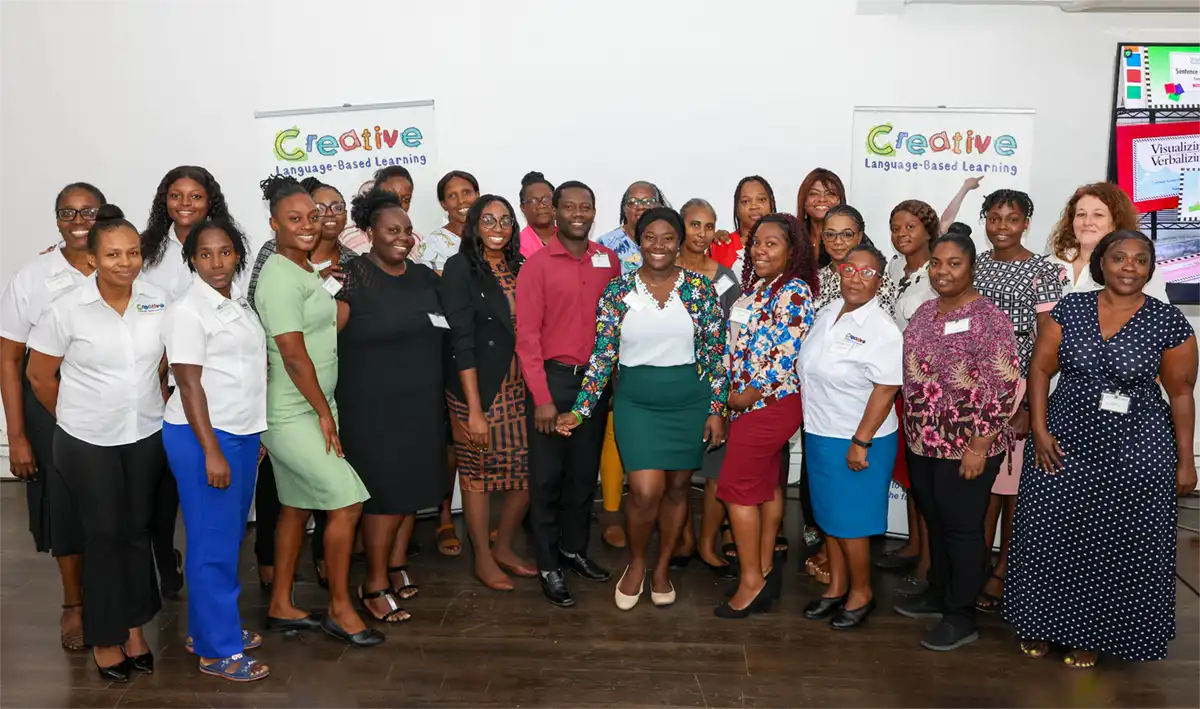Creative Language-Based Learning (CLBL) Foundation is a non-profit educational initiative endorsed by the Ministry of Education, Youth, Skills and Information , Jamaica, that facilitates sensory, cognitive, and process-based instruction training, specifically Lindamood-Bell Learning Processes®. The programme is designed to improve children's learning ability by developing a community of early childhood, primary, secondary and special needs educators skilled in delivering differentiated, research-validated literacy and numeracy programmes.
The objective of the CLBL Foundation Literacy & Numeracy Teacher Training Programme is to create a community of educators who make data-informed decisions about their student’s learning needs, set targeted goals to develop areas of weakness and implement an effective remediation programme that allows students to learn to their full potential.
The detrimental results that increase when literacy is ignored are seen in the rise of:
- unemployment skills gaps and shortages - while trending down, there are still an estimated 150,000 unattached youth in Jamaica
- mental health
- drug abuse
- early pregnancy
- crime - which incurs public and private costs equivalent to in excess of JMD$68 billion or 5% of our GDP annually.
Effective literacy skills are essential for unlocking educational and employment opportunities.
Country Context
According to the 2025 PEP Language Arts exam results, 30.8% of Grade 6, representing 10,186 students, were either non-readers or had limited reading ability. This indicates that nearly one in three students exit primary school without the literacy skills essentialfor secondary success.
Historical models for teaching reading do not align with the current scientific understanding of how students learn to read. Many students are disadvantaged because their teachers lack access to research-validated literacy and numeracy methods, which worsens their achievement.
The opportunity gap recognizes that external factors beyond a student's control—such as race, ethnicity, location, and socioeconomic status—combined with limited access to effective teaching methods significantly impact their educational opportunities.
Students and their parents were unfairly blamed for the achievement gap, with the assumption that success depended solely on their effort and that students were misbehaved or simply unmotivated.
Research shows that when teachers are trained in early identification and intervention, 90% of children with reading difficulties can be educated in a regular, inclusive classroom.
